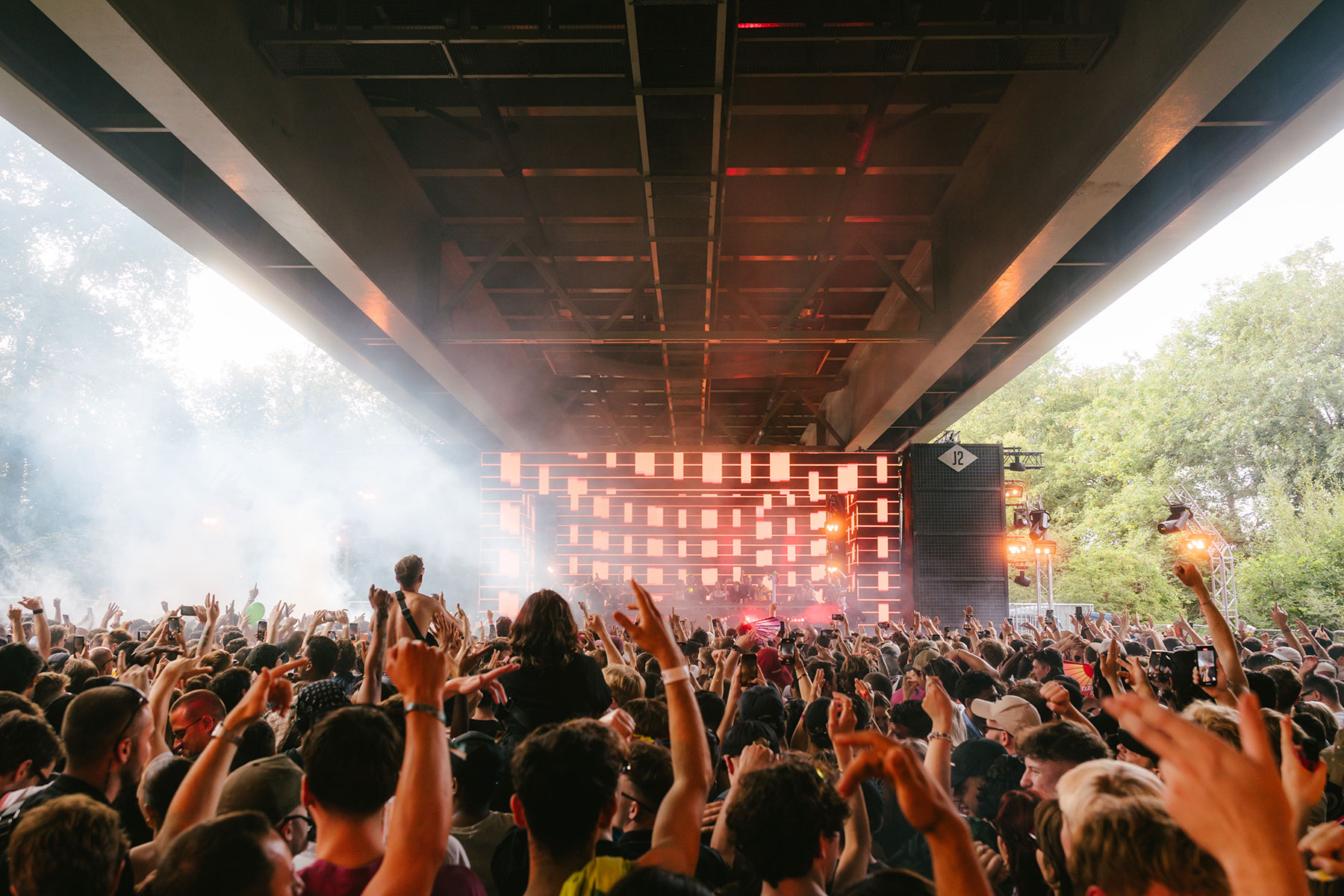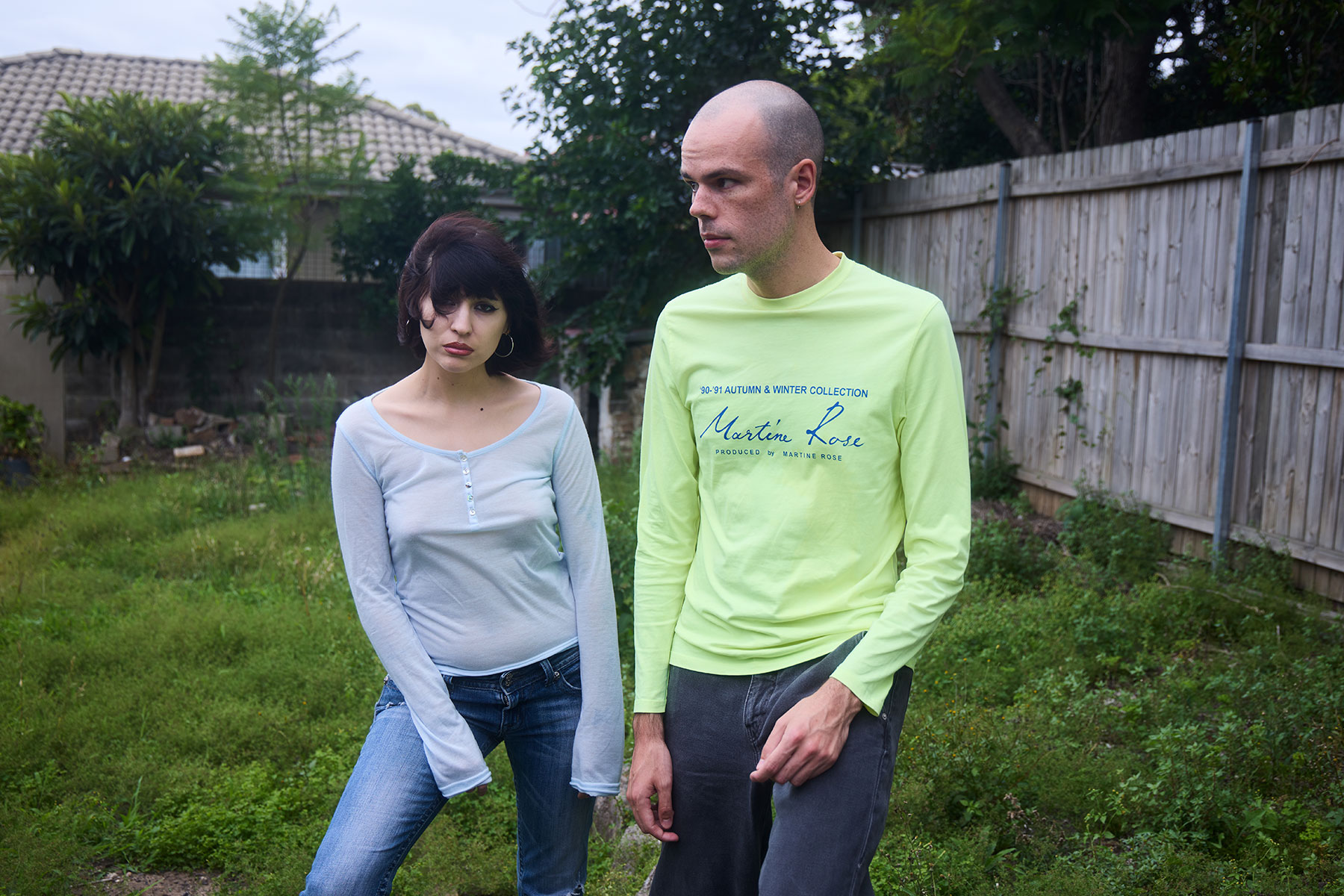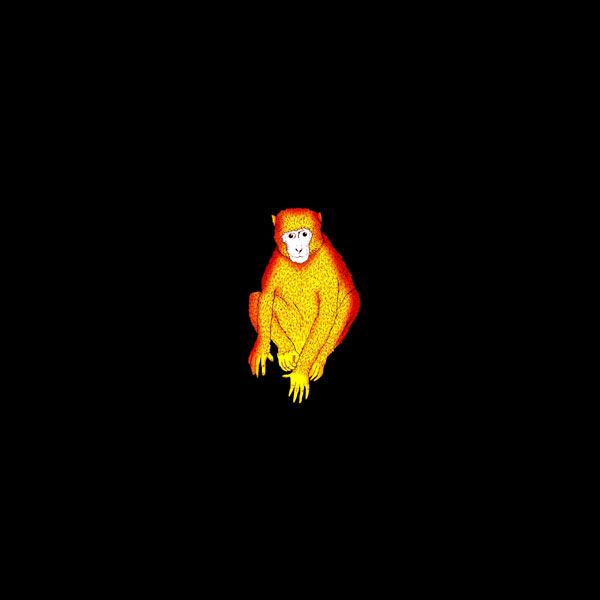The tourism office admits that it will be difficult to allow the opening of large venues this year.
The Spanish Minister also acknowledges that establishments for dancing and clubs are likely not to be able to recover their activity in 2020. In the case of those who only offer music and their clients can remain seated, the possibility is there, allowing them to return to work, but with very strict sanitary conditions and ‘reducing the hours they are open for business’.
The reaction of the entrepreneurs in this sector has been immediate. Last Monday they held an assembly at the headquarters of the CAEB employers’ association, in which it was agreed to prepare a document with a counteroffer to Francina Armengol’s cabinet, to allow the activity to be restored to the sector, designing a pilot test of about ten days to authorize the entry of customers occupying only 33% of the capacity of these businesses, prohibiting dancing by installing chairs and tables on the dancefloors, always maintaining the distance of sanitary security between them, and identifying customers who access the premises to then be able to follow up on them in the event that one later gives signs of having contracted the COVID-19 disease.
The sector also proposed that occupational risk companies evaluate the situation of each establishment to guarantee the health of their employees.
The objective is that this phase is maintained from the 21st of June until July 1st, and from there, recover full normality in the sector, expanding the capacity allowed and recovering the possibility of dancing, although maintaining basic sanitary security measures regarding social distances or the use of masks in areas where there is greater proximity between people. This proposal has already been forwarded to the General Director of Tourism, Rosa Ana Morillo.
The fear of nightlife entrepreneurs lies in the fact that behind the prohibition of activity foreseen by the Government, a health problem is not concealed, but rather a strategy to change the model, by linking the whole sector with excess tourism.
In the document along with the proposal of the pilot test that has been sent to the Ministry, this ‘warning’ has been already included, stating that the Government itself does not seem to trust the decree-law that approved against excess tourism for areas such as Magaluf or Platja de Palma or Sant Antoni nor in the capacity of the island administrations to stop uncivil behaviors, choosing then to prohibit all business related to nightlife.
One aspect to keep in mind is that during the presentation of the pilot test for the arrival of the first tourists to Mallorca, which was held last Monday, representatives of public administrations and the business sector insisted that the objective for this tourist season marked by the COVID-19 is to promote quality and family tourism, at the detriment of the nightlife.
According to some representatives of the accommodation sector, this year they should be selective with the arrival of customers and the opening of establishments, and an image from which you want to flee is ‘that of young people in groups occupying the streets and some areas of the islands, with evident signs of having consumed alcohol’.











